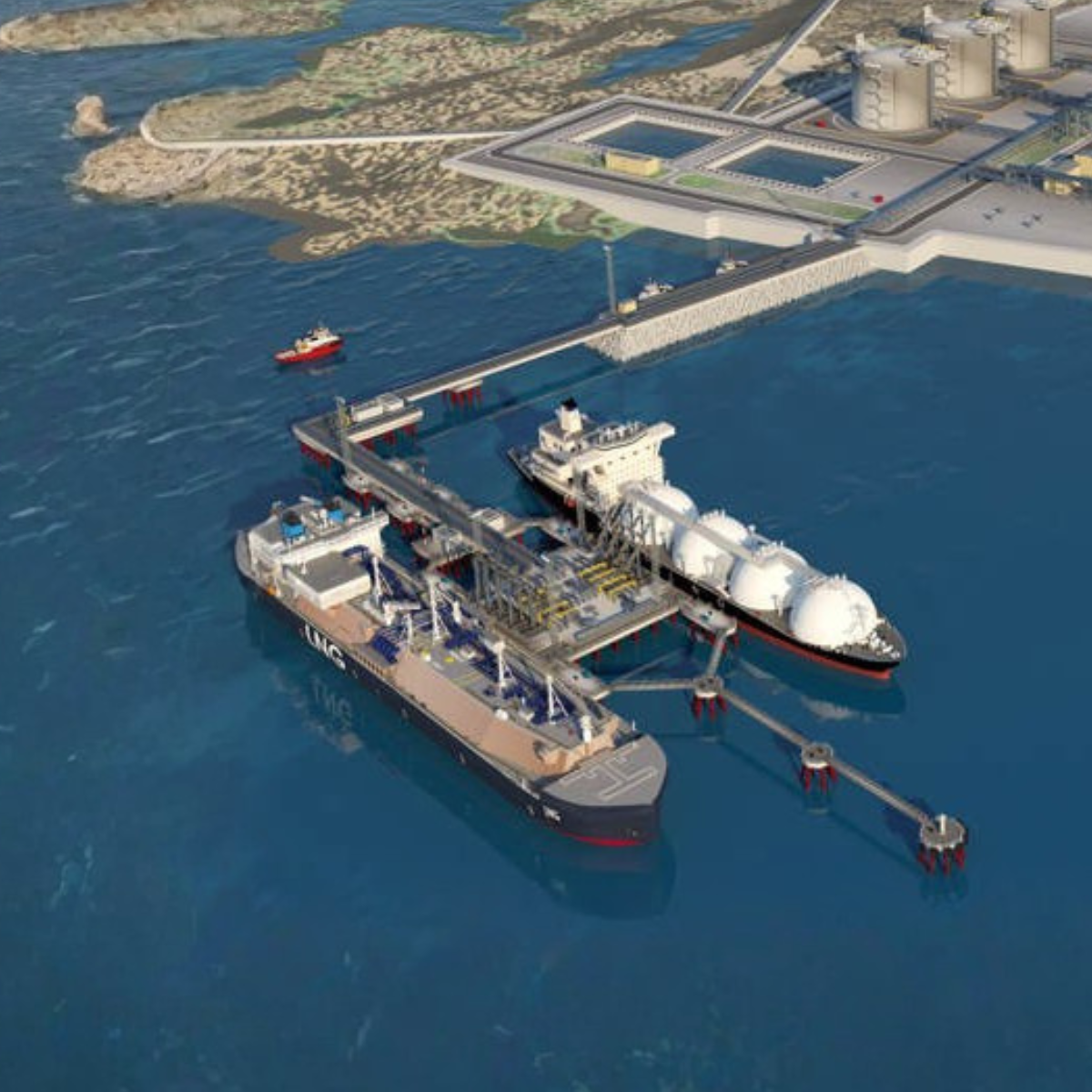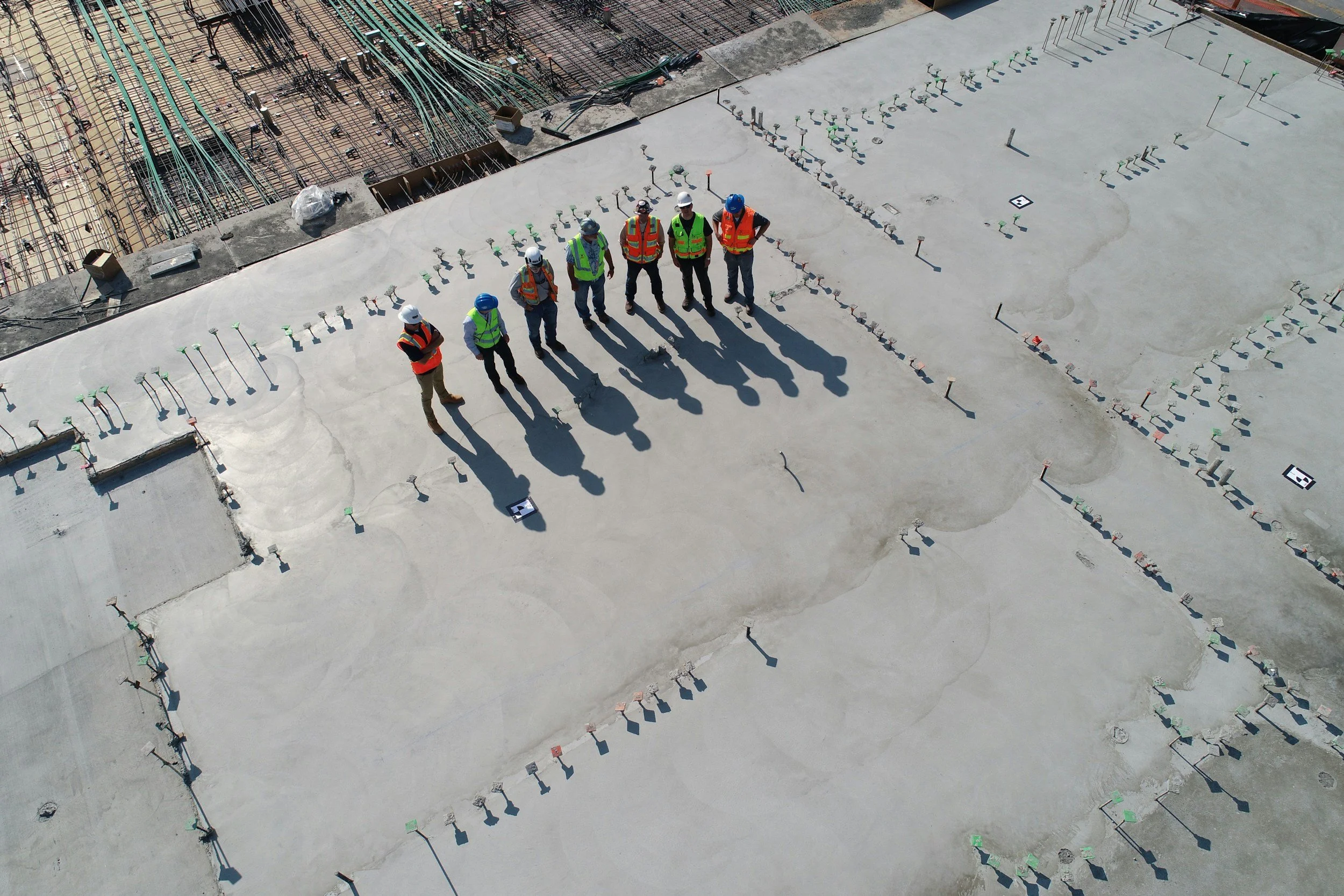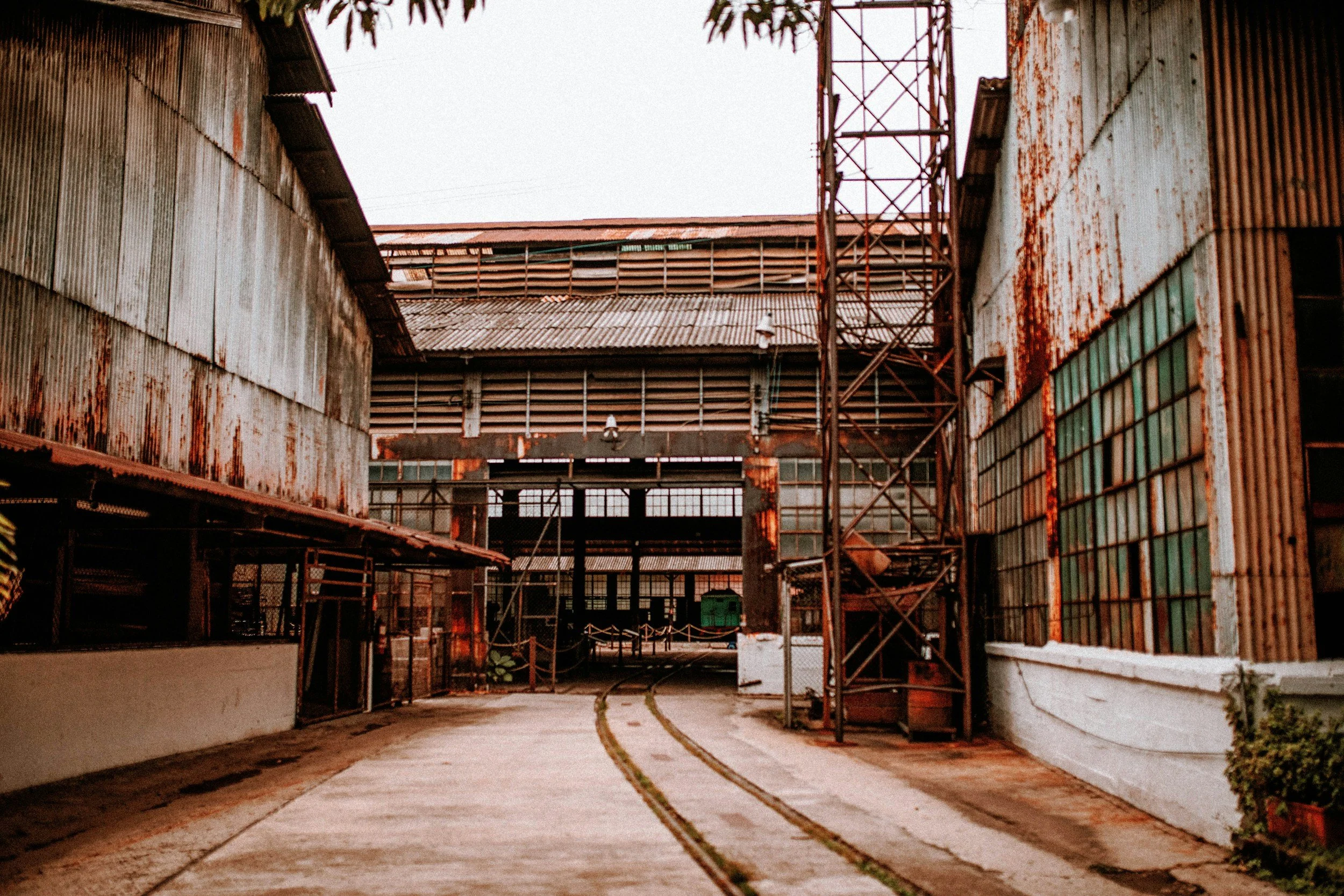Key Challenges in Analysing Construction Delays
Construction delays are a common challenge in Australia’s booming infrastructure and development sectors.
Analysing these delays accurately is critical for project success, particularly in disputes involving extensions of time (EOTs) or financial claims. However, forensic delay analysis is not without its challenges.
Key Challenges in Analysing Construction Delays
Incomplete or Poorly Maintained Project Records
Forensic delay analysis relies heavily on contemporaneous records, such as baseline schedules, daily site diaries, and progress updates. In many cases, these records are incomplete, inconsistent, or poorly maintained, making it difficult for delay experts to reconstruct the sequence of events and determine causation.
Complexity of Modern Projects
Large-scale construction projects in Australia often involve multiple stakeholders, extensive supply chains, and intricate programming. Analysing delays in such projects requires advanced methodologies to account for overlapping tasks, changes in timelines, and shifting priorities.
Overlapping Delays
Delays caused by multiple factors—whether related to the contractor, client, or external events—are challenging to disentangle. Identifying the interplay between these delays requires careful programme analysis and clear evidence to avoid subjective conclusions.
Changes in Scope and Variations
Scope changes, design revisions, and variations introduce new complexities to project schedules. These events can lead to disagreements over responsibility for delays and the impact on the baseline programme, complicating the analysis process.
Limited Access to Clear Data
Delay experts often face difficulties in accessing detailed, well-organised data from projects. When critical data is scattered across multiple platforms or lacks structure, the process of conducting delay analysis becomes inefficient and less reliable.
Ambiguities in Responsibilities
On many projects, the responsibilities of stakeholders are not clearly defined, especially in relation to delays and reporting. This lack of clarity makes it difficult to determine which party should bear responsibility for specific delays.
Lessons Learned for Effective Delay Analysis
Prioritise Accurate Record-Keeping
Accurate, contemporaneous records are the cornerstone of effective delay analysis. Projects should establish a robust system for maintaining site diaries, progress reports, and correspondence. Digital tools, such as project management software and document control systems, can streamline this process.
Engage Delay Experts Early
Engaging delay experts at the early stages of a project helps establish a solid baseline programme and ensures proactive monitoring of progress. Early involvement also allows for the timely identification of potential delays, reducing the likelihood of disputes.
Adopt Transparent and Accepted Methodologies
The use of industry-accepted methodologies enhances the credibility of delay claims. These methodologies should be supported by detailed evidence and aligned with legal and contractual requirements.
Clarify Contractual Obligations
Contracts should include clear provisions for handling delays, including definitions of critical path, notice requirements, and the treatment of overlapping delays. This clarity reduces ambiguity and provides a framework for resolving disputes.
Leverage Technology for Real-Time Monitoring
Advanced technologies such as project management software and digital dashboards enable real-time tracking of project progress. These tools help identify delays as they occur and provide data for retrospective analysis.
Conclusion
Analysing construction delays is a complex task that requires a combination of technical expertise, reliable evidence, and clear contractual frameworks.
By addressing key challenges—such as incomplete records, overlapping delays, and scope changes—Australian project stakeholders can enhance the accuracy of delay analyses and resolve disputes more effectively. Engaging skilled delay experts and planning experts, while leveraging advanced technologies, ensures that construction delays are analysed with precision and professionalism.
Need expert support with delay analysis or planning? Contact Australia’s trusted delay and planning experts today to keep your project on track.
Back to News and Insights





